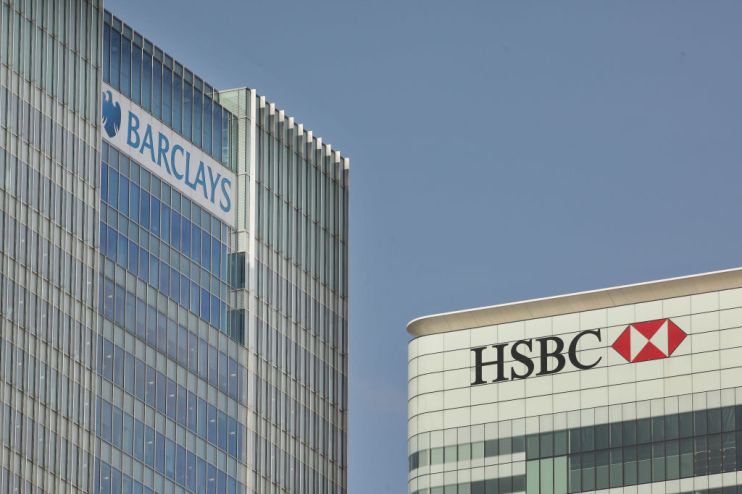We need more competition in business finance — and Open Banking can help

SME banking has been a persistent problem.
In 2016, the government set out to challenge the oligopoly of high street banks. A sizable alternative lending sector was created, accounting for up to 30 per cent of SME lending pre-coronavirus, and challengers have managed to capture over 20 per cent of business current accounts. Many have been supported by grants from the £775m RBS Alternative Remedies package set up to support competition.
However, this progress is at risk. A number of challengers have reduced their ambitions for funding reasons. Metro Bank and Nationwide have returned £100m they were awarded from the RBS package, and the UK’s fintech sector has seen investment fall by as much as 30 per cent during the lockdown.
More problematic still, the government’s Business Lending Support Package has unintentionally disadvantaged the non-banks that have been the drivers of competition.
It took too long to accredit alternative lenders for the various loan schemes, meaning many SMEs had to return to the high street for support. Once accredited, non-bank challengers were not given access to the low-cost Bank of England refinancing available to the banks. Direct Lending via the British Business Bank was not available, even though the mechanisms are.
As a result, it is estimated that over 95 per cent of all Bounce Bank Loans have been issued by the big five banks. As they require business current accounts to feed loan repayments, a new significant barrier to switching accounts has been created: the six-year Bounce Back Loan term.
Competition needs to be reignited — and the £100m of RBS Alternative Remedy funds returned by Nationwide and Metro provides an immediate opportunity. Submissions are in, and the decision on who gets the grants is expected in September.
To restart competition, SMEs need challengers to offer innovative services that can attract them to switch. These services must focus on the areas that are going to be vital for SMEs in the post-coronavirus environment. For example, the ClearBank submission, in partnership with Tide, plans to provide an alternative to on-balance-sheet funding by creating an unparalleled funding network open to third-party lenders and investors. To help post-Brexit, we will be offering support to SMEs who import and export. We will also assist with services to drive digitisation and carbon reduction.
However, history has shown that, even with powerful attractors, SMEs will not switch if there is significant friction. With new barriers, we need to radically reimagine competition. Therefore, we will use Open Banking to give SMEs the option to switch their business to Tide but not their bank account. SMEs will have the option to embed their existing third-party business account into our platform and conduct their business banking through us. They will be able to make payments, use tools such as invoicing and expense management, access our funding network and more — all without the complexity of ever having to move their current account.
In the face of the biggest set-back in business banking competition in recent memory, the £100m in grants are a vital first step to reigniting competition — and critical to helping our SMEs turn crisis recovery into an opportunity.
Main image credit: Getty